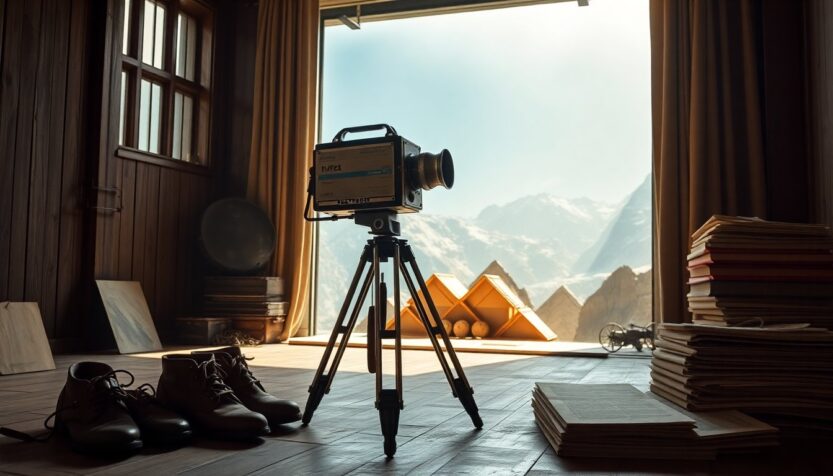In examining the legacy of Leni Riefenstahl, the renowned filmmaker and actress, we confront a complex historical narrative. Riefenstahl’s work has been the subject of extensive analysis, particularly regarding her relationship with the Nazi regime. Was she merely an artist commissioned to create propaganda, or did she actively promote a troubling ideology?
Riefenstahl’s Claims and Their Scrutiny
In a 1984 interview with Vanity Fair, Riefenstahl claimed her identity was that of an artist, stating, “If Stalin had invited me to Moscow… I would have gone.” This assertion has ignited debates among scholars and journalists. German journalist Sandra Maischberger challenges Riefenstahl’s self-portrayal in her documentary titled Riefenstahl. Maischberger argues that Riefenstahl depicted herself as a victim of circumstance, questioning whether this narrative holds true. “She tried to hide the real Leni Riefenstahl,” Maischberger asserts.
During her interview with Riefenstahl before the latter’s death, Maischberger experienced an unsettling feeling. After two days at Riefenstahl’s Bavarian residence, she reflected, “I knew that she was lying.” This raises critical questions: Did Riefenstahl deceive Maischberger, or had she been so entrenched in her fabrications that she lost touch with reality?
A Deep Dive into Riefenstahl’s Archives
Maischberger’s investigation deepened following the death of Riefenstahl’s husband, which revealed an extensive collection of tapes, photographs, and documents. Now housed within the Prussian Cultural Heritage Foundation, this collection comprises over 700 boxes of material. This endeavor transcends Riefenstahl’s individual narrative, serving as a cautionary tale about the seductive nature of power.
Riefenstahl herself described her first experience witnessing Hitler speak at a 1932 rally as an “almost apocalyptic vision.” Her fascination with Hitler led to the creation of films such as Triumph of the Will and Olympia, which glorified the Nazi regime. Despite not being an official party member, her close association with Hitler facilitated her artistic pursuits, often at a significant moral cost.
Riefenstahl’s Artistic Legacy: A Double-Edged Sword
While Riefenstahl’s artistic achievements are noteworthy, they must be contextualized within the era of their creation. She pioneered filmmaking techniques that have influenced notable directors, including George Lucas and Francis Ford Coppola. However, this raises uncomfortable questions about the ethical implications of her work. As Maischberger articulates, “She created masterpieces… but she was so close to evil.” This dichotomy forces us to consider whether it is possible to separate an artist from their work.
As we reflect on Riefenstahl’s life and legacy, it is essential to draw parallels to contemporary political dynamics. The allure of authoritarianism persists in modern society, and the interactions between creatives and political power remain relevant. Director Veiel suggests that Riefenstahl’s story serves as a warning about the seductive nature of power and the ease with which individuals may rationalize their actions for the sake of artistry.
What is your perspective on this matter? Should we appreciate the craft of artists like Riefenstahl, or does their political affiliation irrevocably tarnish their legacy? The conversation is open.






